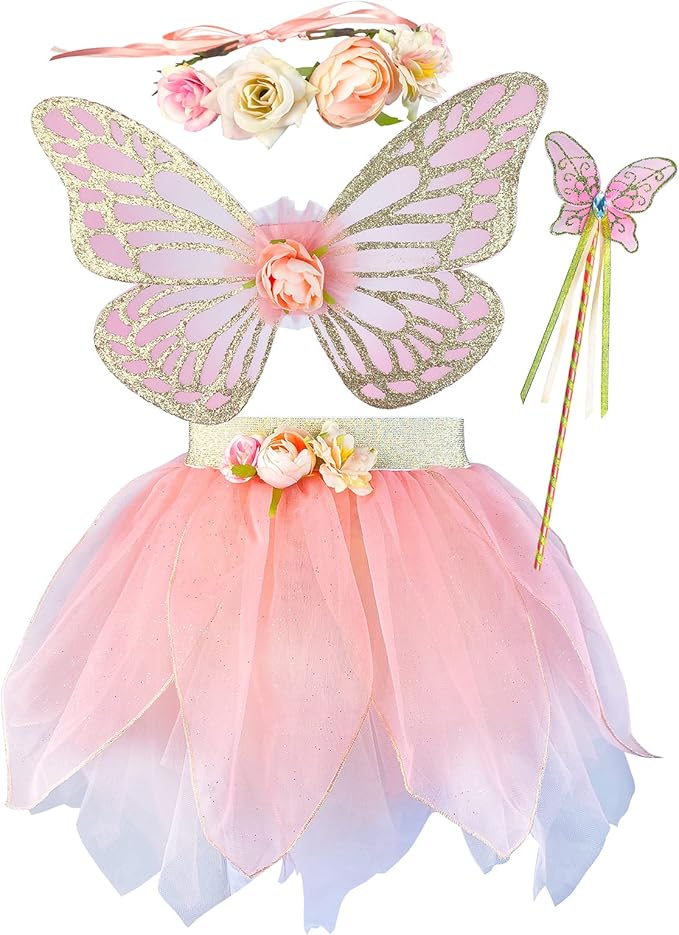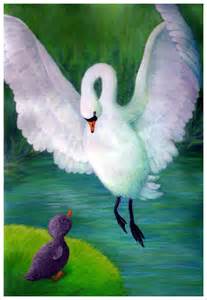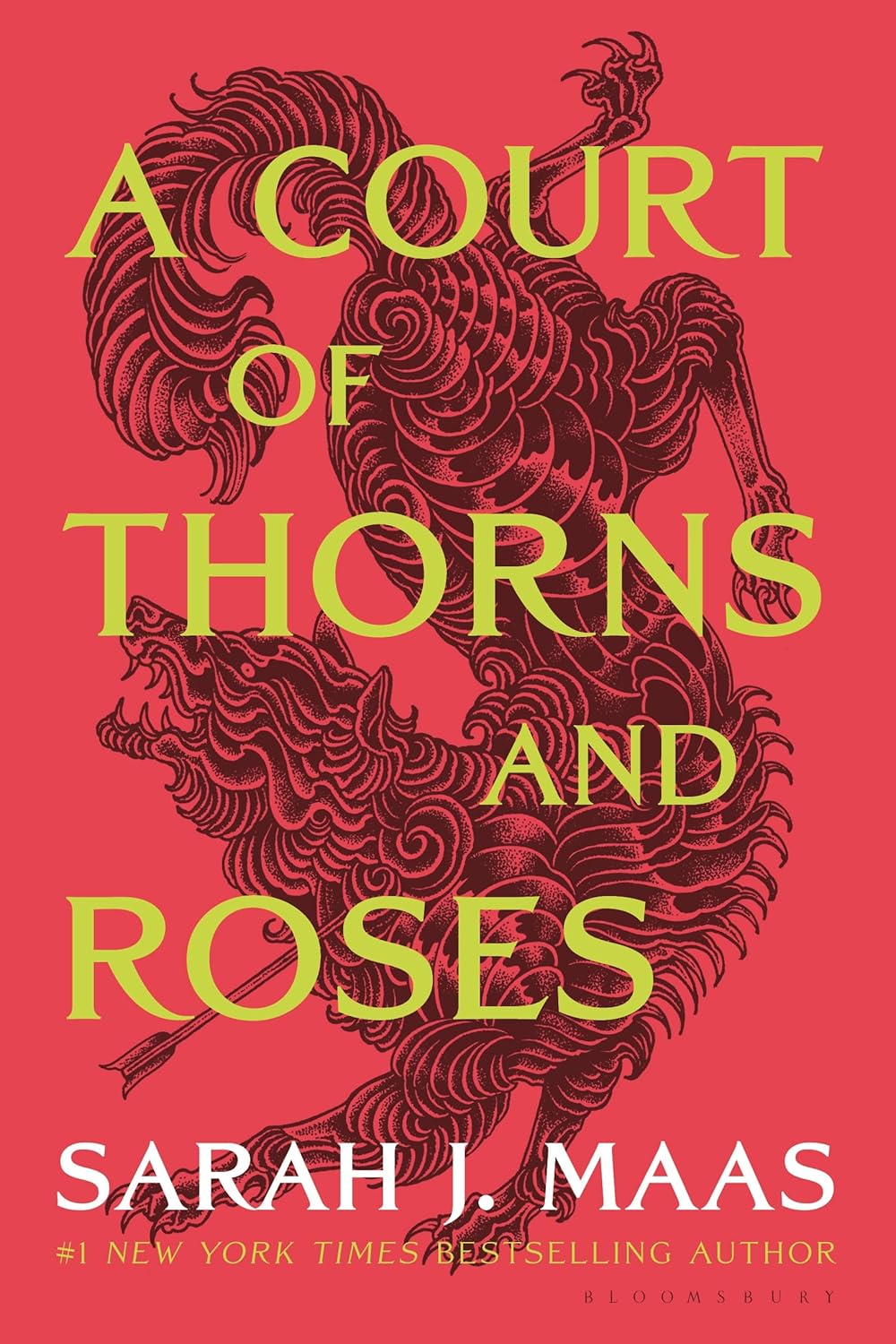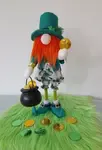- Home
- Fairy Blog
- Fairy Cakes
- Fairy Quotes
- Safety Dance
- The Flower Fairies Books
- What is a Fairy?
- Are Fairies Real?
- Elemental Fairies
- Faeries
- What are the Fae?
- Fae Fantasy Books
- Fairy History
- Origin of Fairies
- Fairies in Folklore
- Pixies
- Pixie Fairy Differences
- Gothic Fairies
- Tooth Fairy
- Fairy Festivals
- Fairy Gardens
- Fairy Garden Accessories
- Fairy Circles
- Fairy Forests
- Fairy Poems
- Fairy Tales
- Fairy Tale Origins
- Classic Fairy Tales
- 24 Fairy Tales
- Fairy Tales around the World
- About Fantasy Creatures
- Dragons
- Dwarves
- Elves
- Gnomes
- Leprechauns
- Mermaids
- Unicorns
- Fairy Face Painting
- Fairy Costumes for Kids
- Free Fairy Art
- Fairy Coloring Pages
- Fairy Crafts For Kids
- Chinese Dragon Art
- How to Draw a Dragon
- Chinese Dragon Drawing
- Dragon Coloring Pages
- Fairy Tattoo Ideas
- About Us
- Contact Us
- Disclaimer
- Privacy Policy
The Ugly Duckling Story
"The Ugly Duckling Story" is a cherished fairy tale written by Danish author Hans Christian Andersen. First published in 1843, the tale is often considered semi-autobiographical, mirroring Andersen's own experiences of feeling different and alienated in his early life.
The story has since permeated global culture, translated into numerous languages, and adapted into various media, including film, television, theater, and even ballet. The narrative's universal themes of personal transformation, self-identity, resilience, and acceptance continue to resonate with readers of all ages, making it an enduring classic in children's literature.
Adorable Fairy Costume Set!
Includes a fairy tutu, wing, wand and flower halo - perfect for parties, dress-up play, pageants and so on.
CLICK HERE for the best price!
The Ugly Duckling Story
 Hans Christian Anderson
Hans Christian AndersonThe Ugly Duckling Story
We embark on a journey through time and imagination as we delve into the rich history and profound narrative of one of the most cherished fairy tales in the world—Hans Christian Andersen's "The Ugly Duckling."
This timeless tale, first published in 1843, continues to captivate audiences with its universal themes of personal transformation, self-identity, resilience, and acceptance. Regarded as a semi-autobiographical work reflecting Andersen's own experiences of feeling different and alienated, "The Ugly Duckling" resonates with readers of all ages, making it a treasured classic in children's literature.
The Ugly Duckling Story
Summary: The narrative of "The Ugly Duckling Story" tells the heartfelt tale of a little bird who endures ridicule and isolation due to his apparent differences from his siblings.
Born in a barnyard, this duckling doesn't look like his brothers and sisters. He is larger, clumsier, and lacks their yellow, fluffy appearance. He is mocked by his siblings, other animals, and even his own mother, leading him to be christened as the "ugly duckling."
Feeling lost and without a sense of belonging, the "ugly duckling" leaves his home. He embarks on a solitary journey through a harsh and unforgiving world, facing adversity at every turn.
Winter arrives, adding to his difficulties, but the resilient "ugly duckling" perseveres, finding shelter where he can and waiting out the cruel winter months.
When spring finally arrives, bringing with it new life and hope, the "ugly duckling" gazes at his reflection in the water, hardly recognizing himself. He has grown and transformed into a majestic swan.
This revelation is a moment of joy and self-discovery for him. His transformation is acknowledged by the other swans and admired by humans, leading him to be accepted and embraced for his unique beauty.
He finally finds acceptance, joy, and his place in the world, realizing that he was never an ugly duckling but a swan waiting to reveal his true self.
What Does the Story of the Ugly Duckling Teach Us
In the heartwarming and enduring tale of "The Ugly Duckling Story", Hans Christian Andersen masterfully explores themes of self-identity, personal transformation, resilience, and acceptance. This story offers a profound message about the nature of true beauty—that it lies within us, often unseen, and takes time to reveal itself.
Through the journey of the "ugly duckling," the narrative teaches us about the value of resilience in the face of adversity and the importance of personal growth and self-discovery. It underscores the message that being different is not a shortcoming, but rather, it's often these differences that make us uniquely beautiful.
Furthermore, "The Ugly Duckling" is a tale that promotes empathy, understanding, and kindness. It reminds us not to judge others based on their appearances or early life, as transformations are possible, and everyone has their own timeline of growth and self-realization.
As the "ugly duckling" matures into a swan, we are reminded of the powerful metamorphoses that time and growth can bring. It serves as a testament to everyone's potential to transform and find their true place in the world, no matter their beginnings.
Read more about Fairy Tales here.
Visit this page to see our list of many different Fairy Tales.
Book of the Month
The Best Selling Fae Fantasy Book! A great gift!
CLICK HERE for more information and best price!
Recent Articles
-
What Are Elemental Fairies? The Fairies Of The Natural Elements
Jan 30, 26 02:31 AM
What are elemental fairies? Elemental fairies are magical beings connected to the four natural elements—air, water, earth, and fire. -
What are Fairy Circles?
Jan 13, 26 02:35 AM
Find out how fairy circles offer a fascinating glimpse into both folklore and science. Maybe, just maybe, there's a bit of magic there after all! -
Why Fairies? About Us
Jan 12, 26 03:54 AM
About Us; Why Fairies explains our background






